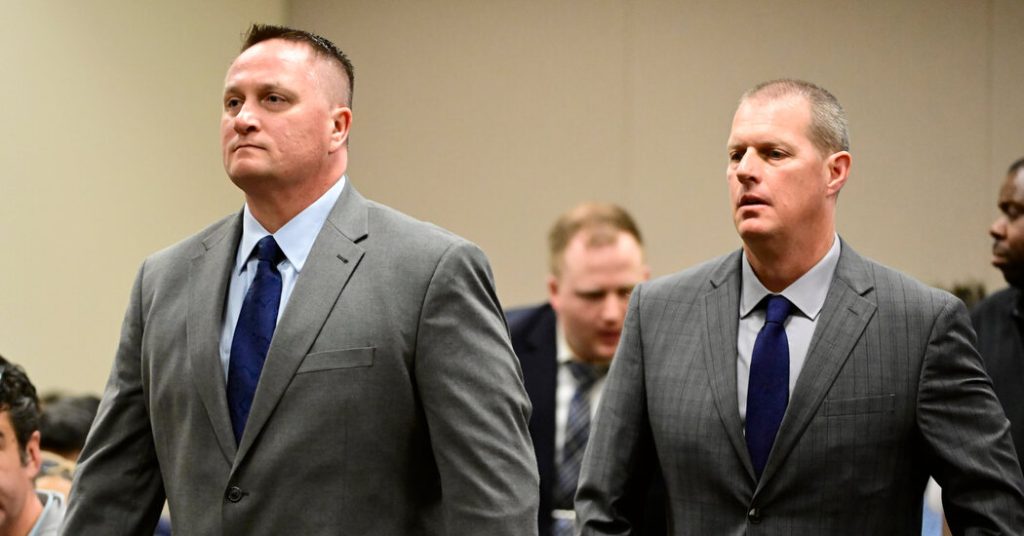A former Colorado paramedic, Jeremy Cooper, was sentenced to four years of probation with 14 months of work release for his role in the death of Elijah McClain, a young, unarmed Black man. Cooper, along with a second paramedic and three police officers, had been prosecuted for their actions during an encounter with McClain in August 2019. McClain died after being injected with ketamine while in police custody, following an altercation that led to him being placed in a neck restraint and going into cardiac arrest. The conviction of the paramedics raised questions about the involvement of emergency personnel in police encounters.
Cooper was found guilty of criminally negligent homicide, but the judge noted that there was no evidence that he purposefully gave McClain an overdose. During the sentencing hearing, Cooper expressed remorse and apologized to McClain’s family for not being able to save him. However, McClain’s mother, Sheneen McClain, and activists walked out of the courtroom during Cooper’s comments. Prosecutors argued that Cooper had not taken responsibility for his actions and could have prevented McClain’s death. Colorado’s attorney general emphasized the need for accountability and true justice for McClain’s family.
After the joint convictions of the paramedics in December, Aurora Fire Rescue allowed its paramedics to limit their emergency medical services to reduce exposure to criminal liability. Nearly 12 percent of the paramedics have requested the limited duties, leading to concerns about the criminalization of on-the-ground medical care. The case of Elijah McClain has prompted policy changes in both the police and fire departments, including a ban on chokeholds and restrictions on the use of ketamine. Both departments are now under a five-year consent decree agreement to improve performance, reduce bias, and rebuild public trust.
The death of Elijah McClain, a gentle massage therapist and violinist, ignited social justice protests in 2020 and scrutiny of the Aurora police force. The case divided the city and highlighted long-standing accusations of brutality and racism against the Black community. The trials of the paramedics and police officers involved in McClain’s death shed light on controversial medical practices and excessive force used in the encounter. The aftermath of the case led to improvements in training for incoming police officers and firefighters, as well as a commitment to creating a model of public safety that prioritizes accountability and trust in the community.
Community activists expressed disappointment with Cooper’s sentence, calling the American legal system broken and highlighting the lack of true justice for Black lives taken by law enforcement. Elijah McClain’s death and the subsequent trials underscored the need for systemic change in law enforcement practices and emergency medical care. While the sentencing marked the end of a long chapter, there is still work to be done to ensure that tragedies like McClain’s death are prevented in the future. The legacy of Elijah McClain continues to fuel calls for reform and accountability in policing and emergency response, with the hope of creating a safer and more just society for all.


